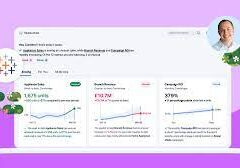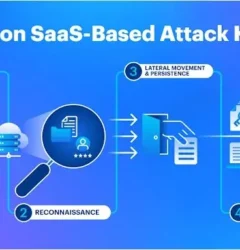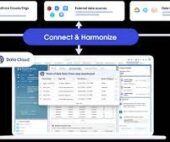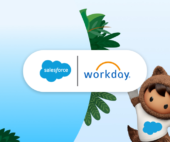What is a Salesforce Data Dictionary?
A Salesforce data dictionary functions as a comprehensive repository containing names, attributes, and descriptions of data objects or business logic within a data model. Its primary purpose is to ensure consistency in the terminology used by business users or stakeholders, particularly regarding type/category, such as personally identifiable information (PII). This user-friendly and business-centric solution allows organizations to document and establish a shared vocabulary for their use of Salesforce, facilitating the simplification of processes through just-in-time learning solutions like Spekit.
Components of a Data Dictionary
A data dictionary serves as a centralized metadata repository where all CRM changes are documented, enabling quick impact analysis and future changes without concerns about system breaks. It compiles and communicates the structure and content of data, offering meaningful descriptions for individually named data objects.
Benefits of a Salesforce Data Dictionary
Clear Metadata Across Teams
- Clarity of Definitions: Provides clear and concise definitions of metadata, minimizing the need for clarifications.
- Integrated Communication: Facilitates smoother communication about third-party tools’ integration with Salesforce, reducing misunderstandings.
- Increases Efficiency: Automates documentation with each change, ensuring trust in the data dictionary and expediting onboarding.
Understanding Field Accessibility to Sensitive Data
- Access Control: Lists access permissions for each Salesforce field, aiding in understanding who has access to sensitive data.
- Compliance Management: Assists in ensuring compliance with data protection laws by documenting accessibility and usage of sensitive data fields.
- Data & Systems Security: Displays security settings of each field, identifying vulnerabilities susceptible to data breaches.
Reduce Technical Debt
- Improved Documentation: Provides comprehensive, well-maintained documentation within the data dictionary, reducing reliance on tribal knowledge.
- Optimized Integrations: Facilitates informed and coherent integrations, preventing redundant or conflicting integrations and reducing strain on system resources.
Avoid Unintended Breaks
- Impact Analysis Feature: Simplifies change management, offering a comprehensive CRM map and a centralized hub for system knowledge.
- Swift Identification of Breaks: Enables swift identification and resolution of potential breaks, reducing downtime and ensuring smooth operations.
Trust the Integrity of Your Business Reports
- Guaranteeing Consistency: Provides standardized data definitions, field descriptions, and metadata for clear understanding and reduced risk of misinterpretation.
- Make Data-Driven Business Decisions: Offers context about each data element, allowing informed decision-making during report creation.
How to Create a Data Dictionary in Salesforce
To create a data dictionary in Salesforce, follow these steps:
- Select “Tools | Generate Data Dictionary” from the Tools menu.
- Choose the necessary options and click OK.
- Open the generated data dictionary document, which includes an advanced search for easy navigation.
Difference Between Metadata and Data Dictionary
The data dictionary contains data about the data in the database, while metadata is the data about the data in the data warehouse. These terms are commonly used and play distinct roles.
Types of Data Dictionary
There are two types of data dictionaries: active and passive. An active data dictionary is tied to a specific database and updates automatically with the data management system.
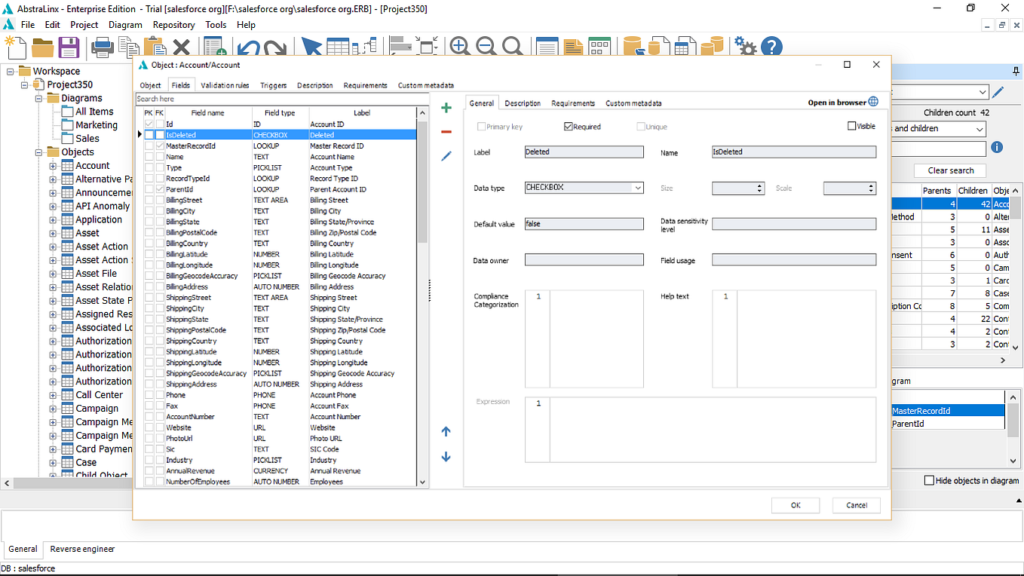
Benefits of Data Dictionary
The benefits of a data dictionary include faster detection of data anomalies, improved data quality, availability of trustworthy data, greater transparency within data teams, better regulatory compliance, and faster analytics.
Content updated July 2023.






